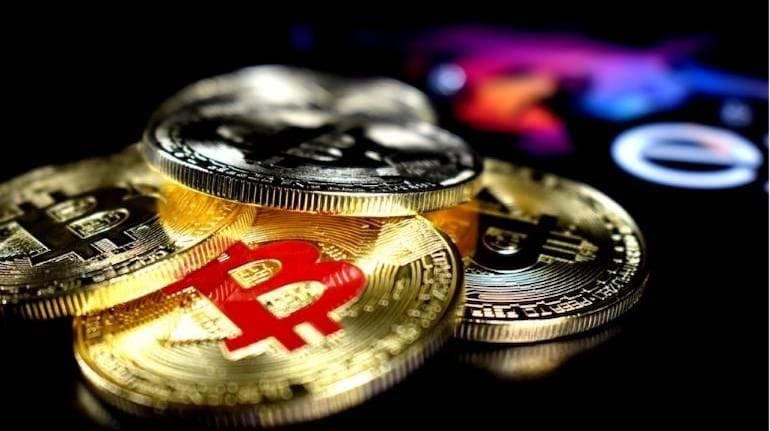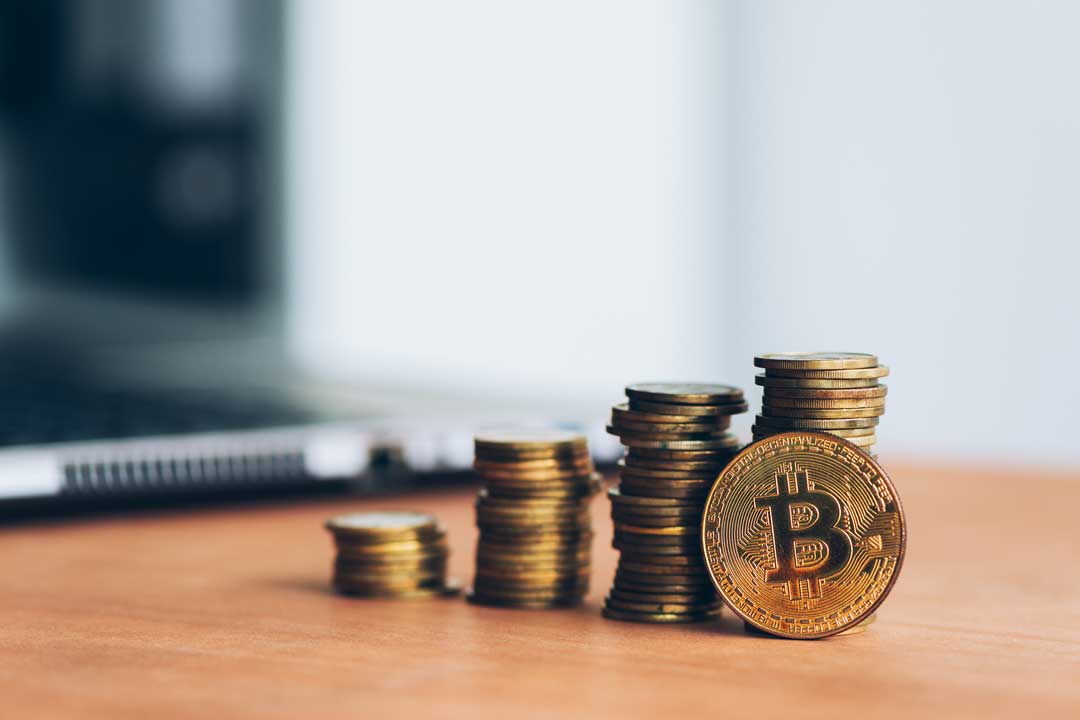India has seen a spurt in the popularity of crypto exchanges and platforms in recent months like CoinSwitch Kuber (CSK), WazirX, CoinDCX, ZebPay, Unocoin and BuyUcoin etc…reports Nishant Arora
“Kya aapke portfolio mein crypto hai?” If you have read such advertising lines recently — and now watching crypto ads as you surf through IPL 2021, YouTube and various social media platforms — make sure you hold on to your hard-earned money for a while.
Indian crypto players are bombarding people with advertisements across platforms — doubling down on their marketing spend when the cryptocurrencies are yet to be accepted as legal tender and lack legal framework and regulatory norms in the country.
The ball is currently in the court of the Finance Ministry and the Reserve Bank of India (RBI). A cryptocurrency bill is expected in the winter session and till the whole picture is cleared, investing in cryptocurrencies can be a dangerous move, warn legal experts.
“Cryptocurrency is an unregulated digital currency, not a legal tender and subject to market risks,” is a thin line at the end of the advertisements, not visible to many people who have started investing via various crypto exchanges.

According to Dr. Pavan Duggal, a seasoned Supreme Court advocate and a cyber law expert, few players are asking Indian investors to invest in cryptocurrencies, primarily because there is a big legal vacuum that exists in the country.
“India has still not made up its mind as to how it wants to deal with cryptocurrencies. These are not legal tender in India. As per the judgment of the Supreme Court of India, the Reserve Bank of India is the nodal statutory authority to deal with all aspects pertaining to cryptocurrencies. However, more work needs to be done in this area,” Duggal told IANS.
If we look at cryptocurrencies as mere electronic records, they could be brought under the ambit of legality under Section 4 of the Information Technology Act, 2000. However, there is a lack of appropriate capacity building and awareness among the Indian investors about legal capabilities and nuances of cryptocurrencies.
“The government cannot be a mute spectator while open calls are being made asking Indian investors to invest into cryptocurrencies. Without appropriate homework on the legalities of cryptocurrencies in India, merely prohibiting players from asking Indian investors to invest crypto currencies would also not work,” Duggal elaborated.
India has seen a spurt in the popularity of crypto exchanges and platforms in recent months like CoinSwitch Kuber (CSK), WazirX, CoinDCX, ZebPay, Unocoin and BuyUcoin etc.
Within 15 months of commencing operations in India, CoinSwitch Kuber is India’s largest crypto exchange with more than 10 million users. Of the total 10 million users, 7 million are active users on the platform with a monthly transaction volume of Rs 15,138 crore.
Homegrown crypto exchange Unocoin has launched deposits via UPI wallets in the Indian currency for a faster top-up to buy and sell Bitcoins and other cryptocurrencies on the platform.

“There is still uncertainty among the prospective users regarding the usage of cryptocurrency in comparison to real money. We want all our users to have the ease of trading or exchanging on our platform,” said Sathvik Vishwanath, CEO and Co-Founder, Unocoin.
According to a report by IT industry’s apex body Nasscom, there are 15 million retail investors in India investing in the cryptotech space.
New Delhi-based cyberlaw expert Virag Gupta said that several emerging sectors within the digital economy do not have an established legal framework and regulatory network.
“Cryptocurrency is a unique area, since it attracts concurrent regulation by the Ministries of Law, Finance and Commerce; alongside the RBI and the SEBI. Nonetheless, certain regulatory needs may be addressed using the IT Act and taxation may be enabled through a notification by the Ministry of Finance,” Gupta told IANS.
A legal endorsement by the RBI and legislation passed by the Parliament may further pave the way for lawful trading.
“It is a misconception to believe that a conducive regulatory environment will harm the crypto currency sector. Rather, to cement a certain future, detailed jurisprudence diving deep within the currency and technology essential to the sector must be designed,” Gupta suggested.
Otherwise, the entire sector may be susceptible to uncertain government intervention “such as measures employed by the Chinese government which have led to loss of trust, investments, and overall destruction of the market”.
China’s central bank announced last month that all transactions of cryptocurrencies are illegal, effectively banning digital tokens such as Bitcoin, Ethereum and Solana etc.
When Bitcoin crossed $50,000 again last week, Shivam Thakral, CEO, BuyUcoin, said there has been a paradigm shift in the investment patterns across the globe which is underlined by the data shared by crypto exchanges from time to time.
“India’s middle-class population is willing to explore digital assets for creating long-term wealth to fulfil their goals, which may not be possible through any other asset class,” Thakral said.
However, it is possible that the gullible Indian investors would invest in crypto currencies, only to find that their business interests have been prejudicially impacted.
“This is a golden opportunity for the Indian government to explore mechanisms of how it can ride the tide of crypto-currencies and also draft enabling legal frameworks to regulate crypto-currencies,” said Duggal.
To cement a certain future, “detailed jurisprudence diving deep within the currency and technology essential to the sector must be designed,” Gupta added.
(Nishant Arora can be reached at nishant.a@ians.in)



